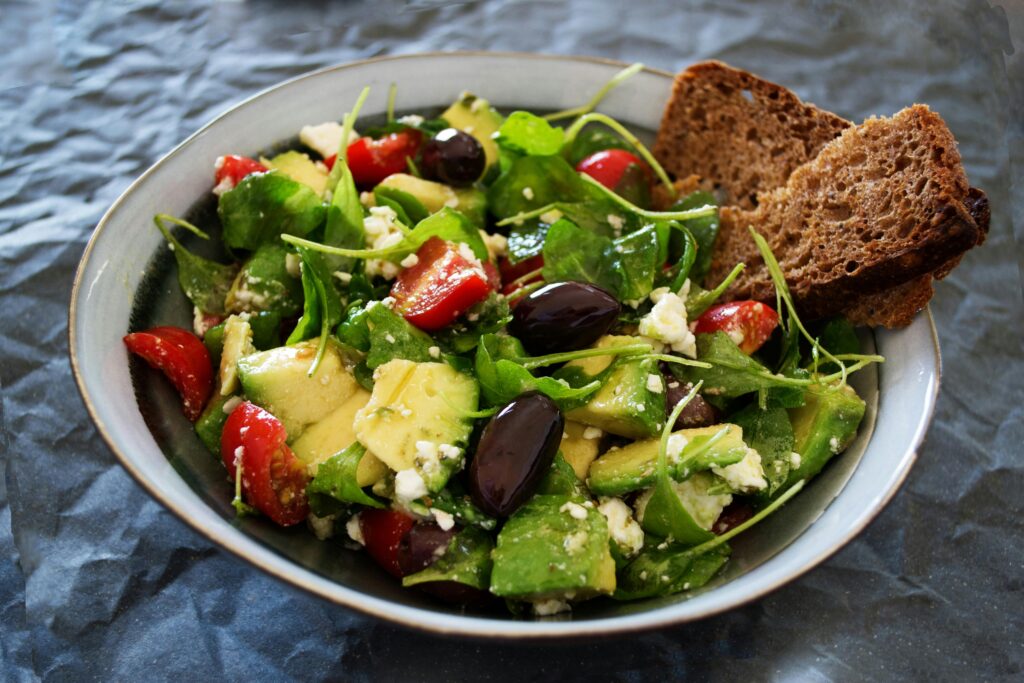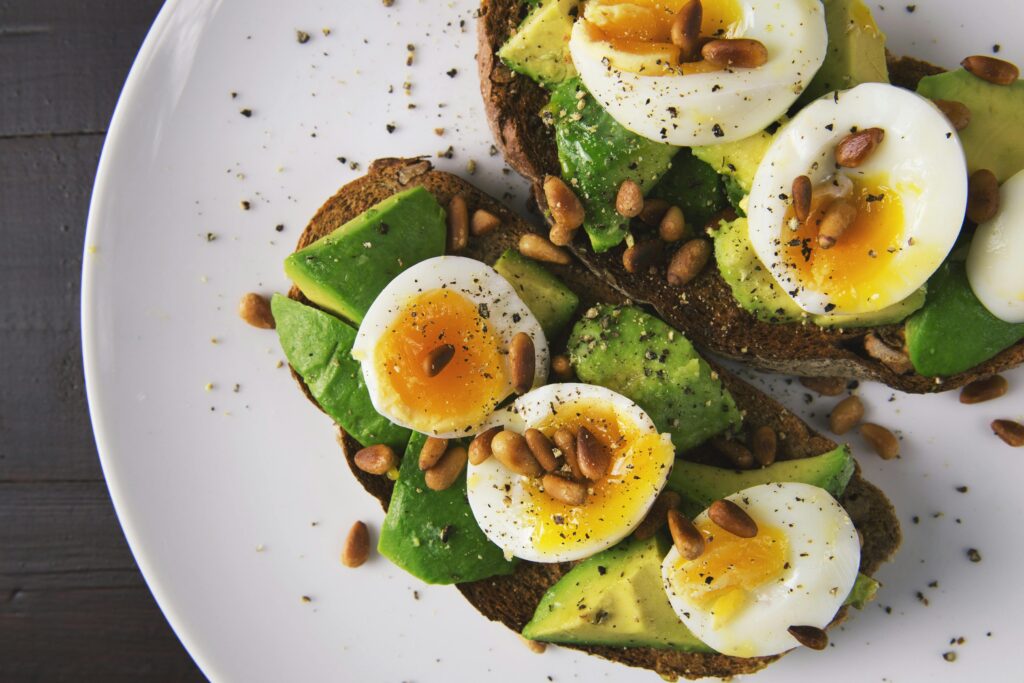A number of variables, including age and degree of activity, affect how many calories you should consume. Males may need at least 2,000 calories per day to maintain weight, whereas most females need at least 1,600.
Understanding the established recommended calorie intakes is helpful when figuring out how many calories you should consume each day. After that, you can take into account additional variables to determine your ideal calorie intake based on your body and health objectives. Here is all the information you require on daily caloric intake.
What is the ideal daily calorie intake?
Your body size and composition, degree of activity, and overall health will all affect how many calories you should consume each day.
You can get a better picture of your calorie range by being aware of the suggested calorie intake standards. These differ according to whether you are a child, adolescent, or adult.

Wondering, “How many calories should I eat a day?”
Eating a certain number of calories daily can help you achieve and maintain a healthy weight. Research further indicates that, when following a balanced diet, consuming the best number of calories for you can also help improve your health and boost longevity.
When determining how many calories you should eat per day, it helps to first understand the established recommended calorie intakes. From there, you can consider other factors to find the right calorie intake for you, given your body and health-related goals. Here is what you need to know about daily calorie consumption.
How Many Calories Should You Eat In a Day?
How many calories you should eat in a day will change as your body composition and size, activity level, and health change. Knowing the recommended calorie intake guidelines can provide a better idea of your calorie range. These vary based on whether you are an adult, a teen, or a child.

Wondering, “How many calories should I eat a day?”
Eating a certain number of calories daily can help you achieve and maintain a healthy weight. Research further indicates that, when following a balanced diet, consuming the best number of calories for you can also help improve your health and boost longevity.
When determining how many calories you should eat per day, it helps to first understand the established recommended calorie intakes. From there, you can consider other factors to find the right calorie intake for you, given your body and health-related goals. Here is what you need to know about daily calorie consumption.
How Many Calories Should You Eat In a Day?
How many calories you should eat in a day will change as your body composition and size, activity level, and health change. Knowing the recommended calorie intake guidelines can provide a better idea of your calorie range. These vary based on whether you are an adult, a teen, or a child.
Adults
According to the 2020–2025 Dietary Guidelines for Americans, adult women should consume between 1,600 and 2,400 calories daily. The daily calorie intake for men is slightly higher, ranging from 2,200 to 3,200.
Your calorie requirements are probably at the lower end of the spectrum if you are elderly or relatively inactive. If you are breastfeeding, pregnant, or reasonably active, you might be toward the top.
Teens
Calorie intake recommendations for teens vary based on age, sex, and activity level. A 13-year-old girl’s recommended intake ranges from 1,600 to 2,200 calories daily, with a 2,000 to 2,600 recommended intake for a 13-year-old boy.
These amounts increase slightly in the later teen years. The range for girls aged 14 to 18 is 1,800 calories per day to 2,400. The recommended calorie intake for boys in this same age range is somewhere between 2,000 and 3,200 calories.

How many calories should I eat to lose weight?
A daily calorie reduction of 500–600 will help you lose 1-2 pounds (0.5–1 kg) per week if you need to lose weight in general.
In addition to lowering your calorie intake, cutting back on unhealthy items like cakes, crisps, cookies, and chocolate will also result in a diet lower in saturated fat, salt, and sugar.
In addition to helping you lose weight, this will improve the health of your heart. Combining food and exercise changes is the best approach. When it comes to exercise, using 500-600kcal would mean, for example, around an hour of aerobics or cycling, or two hours of walking or vacuuming.
So losing weight through exercise alone is difficult. More importantly, being active is good for your heart health and your mental health. So find exercise that you enjoy, and the calories you burn will be a bonus.
Sub tractable foods: daily recommended intakes
The maximum amounts of specific nutrients, such as fat, carbohydrates, salt, and saturated fat, in our diet are indicated by reference intakes (RI). Previously, they were referred to as “guideline daily amounts.
” These indicate the percentage of RI that a given portion of the product will supply on food packaging. They can be helpful in tracking your food intake and in understanding how much a certain food will contribute to your diet.
These are the daily reference intakes for adults:
- Energy: 2000kcals
- Total fat: less than 70g
- Saturated fat: less than 20g
- Total sugars (from milk, fruit and vegetables as well as added sugar): less than 90g
- Free sugars: (added sugar or in juice) less than 30g
- Salt: less than 6g

Tips
1.Eating Breakfast: A person who eats a breakfast high in protein and healthy fat will feel fuller for longer and be less likely to nibble during the day.
2. Eating regular meals: This can assist avoid mindless nibbling and increase calorie burning.
3.Remembering “five-a-day:” Fruits and vegetables can be a tasty snack and they can bulk out meals. They are high in nutrients and fiber and low in calories and fat.
4. Eating slow-burning calories: Healthy fats like avocado and high-fiber carbohydrates like lentils take longer to produce energy, so they will prevent hunger pangs.
5. Exercising: This can help burn off extra calories. People can try incorporating physical activities, such as walking, swimming, or playing sports.
6. Drinking water: Proper hydration is essential for good health. People can also swap out sodas for water as a healthier alternative.
Conclusion:
Determining your exact caloric requirements could be helpful if you’re the type of person who enjoys tracking and measuring things.
Online calorie calculators and digital apps can be useful, according to Zumpano. However, she advises consulting a nutritionist to obtain a professional assessment because it can be complex (are you really active, relatively active, or just sort of active?).
They can provide you advice on how to customize your diet and exercise regimen by taking into consideration your age, sex, medications, lifestyle, weight history, family history, and level of activity.
Determining how many calories you need to reach your weight loss, weight growth, or weight maintenance goal is crucial.